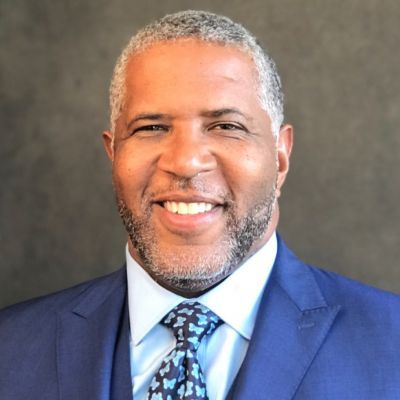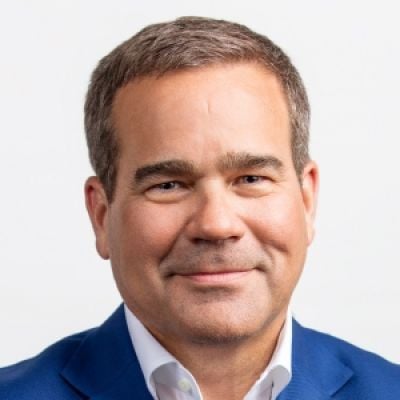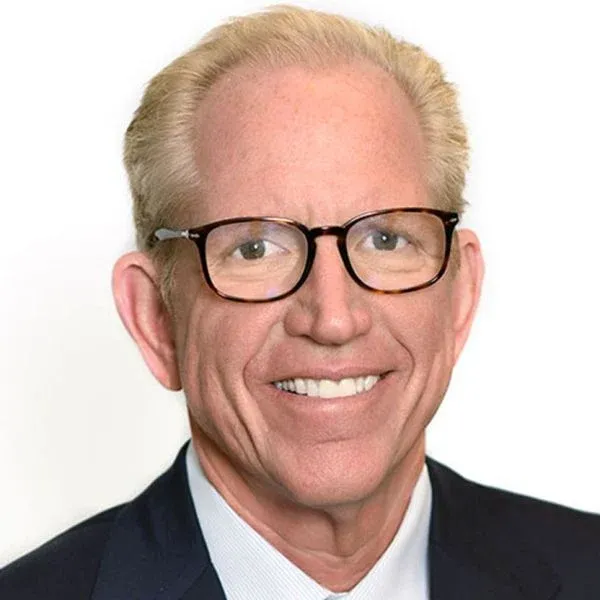
Our society today faces unprecedented opportunities and challenges. Accelerated by the pandemic, technology and enterprise software have brought the future forward—enabling continuity, productivity, and personal connections. At the same time, we face continued public health uncertainties, global business disruptions, a war in Europe, and a fiscal environment the likes of which we haven’t seen in decades.
We’ve learned that our most vulnerable populations are increasingly left out of these opportunities and handed the worst consequences of these challenges. Tackling the climate emergency and fighting racial and social injustice are not only moral imperatives—addressing both can help deliver growth for our entire economy.
To do so, we need collaborative solutions, at scale. As an engineer, I’ve long believed that while point solutions can solve a problem, it is through systematic approaches that we can create consistent and scalable outcomes.
While point solutions can solve a problem, it is through systematic approaches that we can create consistent and scalable outcomes.
Engaging Your Entire Network on ESG
As investors, we at Vista Equity Partners view our portfolio—over 80 enterprise software companies—as a breeding ground for change. We believe that ESG and DE&I are levers of value creation in business and that advancing these initiatives is good for the world and good for our companies.
This year, we are focused on helping portfolio companies set science-based reduction targets for greenhouse gas (GHG) emissions and building a repeatable process for GHG measurement. Considering our companies have over 85,000 employees and their software reaches over 300 million users, they have a massive reach and influence and, collectively, their work can make a meaningful contribution towards climate goals. If every investor took a similar approach, the results could be transformative.
Taking a Top-Down Approach to Diversity
It is important to prioritize the initiatives and solutions where you know you can have an impact. At Vista, our vision is to transform the worlds of technology and investing by providing access and opportunity to traditionally underserved communities. And while there are many ways in which we amplify diversity, equity, and inclusion initiatives, we have invested in and scaled programs that will have a lasting impact and systemic results.
In the technology industry, only 4.4 percent of those who sit on corporate boards are Black and just 1.8 percent of all tech board directors are Hispanic/Latino. We believe that by emphasizing diversity at the board level, as well as within the ranks of the company, underrepresented groups will see people who look like them in positions of power and be inspired to pursue a similar pathway.
In 2017, we established an External Board Program to achieve greater diversity across our portfolio board members. Currently, 80 percent of our portfolio company boards have at least one woman and at least 85 percent have at least one person of color.
Creating Access and Opportunity
While we can have far-reaching impacts through our work with our portfolio, I have also been lucky to expand my sphere of influence beyond the Vista network. As a Black entrepreneur, I believe that creating access and opportunity is the only way to dismantle the systems of injustice in our country.
Access is wide-ranging. It means ensuring all people can avail of the basic services that are essential to participating in our increasingly digital economy (for example, financial inclusion, digital connectivity, health-care services, and education and career-focused programs).
According to McKinsey, eliminating the racial wealth gap would add $1.5 trillion to US GDP. Over 50 percent of the African American community lives in six Southern communities and their surrounding areas—Atlanta, Memphis, New Orleans, Birmingham, Houston, and Charlotte. By strengthening funding, programming, and convening organizations in these regions, we can accelerate racial equity, grow our economy, and increase our global competitiveness.
One of the surest pathways to equity is education, but often it’s financially out of reach. Today, 60 percent of African American wealth is consumed by servicing of student loan debt. By reducing or eliminating the debt burden of graduates, we could unlock opportunities for students who in turn would go on to empower their communities.
The issues we face today are increasingly urgent, complex, and varied. But I am optimistic that we have the capacity, tools, and resources to achieve the outcomes we all desire. And, if we prioritize the development of holistic solutions at scale, we can enable a better future for all.















